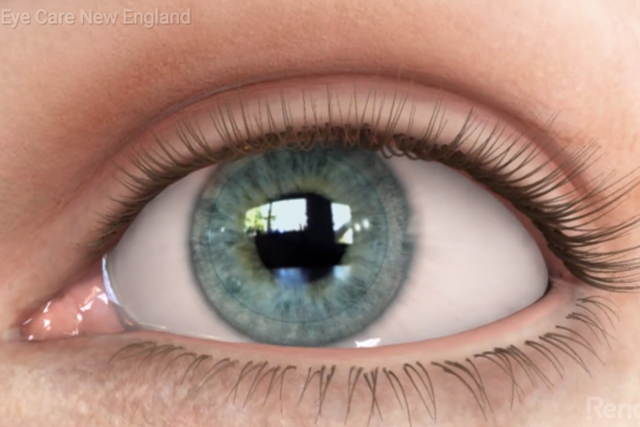Contacts can be a good choice for many people for a variety of reasons. If you play sports or are active, you might find contacts are better suited to your lifestyle. In other cases, you might just prefer the way you look in contacts versus glasses. But how do you know if contacts are really right for you? While this is a conversation you need to have with your eye doctor, these insights below might offer some good food for thought before having that conversation. Determining if Contacts Are Right for YouThere are various types of contact lenses to choose from, such as soft and hard lenses. Daily wear, extended wear, and disposable lenses are also options to consider. The type of lens that may work best for you depends on the vision issue you need corrected, your lifestyle, personal preferences, and comfort. Contacts can be appropriate for people with several types of vision conditions, including the following: Nearsightedness People that are nearsighted have trouble seeing objects in the distance. Contacts often work well for correcting nearsighted vision. Astigmatism People who have astigmatism have an irregular curvature of their lens or cornea, which affects how the eye processes light. It can lead to blurry vision. Depending on the severity of astigmatism, contacts are an option, though certain types of contact lenses such as hard or gas-permeable lenses may work better. Presbyopia Presbyopia is considered an age-related eye condition, which involves a decreased ability to see up-close objects clearly. Presbyopia is extremely common over the age of 40. Both multifocal and monovision contacts can be good options for people who have presbyopia. Multifocal lenses have two different lens powers, including one for near and one for distance, while monovision lenses provide correction for either close or far vision. Choosing a monovision contact may mean needing to continue to wear glasses for certain activities, such as reading. When Contacts May Not Be the Right Choice for YouWhile most people who wear glasses are also able to wear contacts, there are some instances when contact lenses may not be the best option. For some, there are certain factors to consider. If you have the following conditions, it’s important to understand how contacts may affect your eyes. Dry Eye Syndrome Wearing contacts will usually not lead to dry eye syndrome, but if you already have dry eyes, wearing contacts may make the condition worse. If you have dry eyes, wearing lenses may make your eyes feel gritty or scratchy, which makes wearing contacts for more than a few hours difficult. If you have dry eye syndrome, particularly a mild to moderate condition, you may still be able to wear contacts if you prefer. Soft lenses tend to be a better option for dry eyes, since they allow more water retention than hard lenses. Eye Allergies Wearing contact lenses can be challenging if you have seasonal allergies that affect your eyes. If you have eye allergies, you probably experience redness, itchiness, and even discharge from your eyes. Allergies can make contacts uncomfortable. If you have seasonal allergies, you may want to consider switching to glasses when your allergy symptoms are flaring. Some people also have an allergic reaction to the lens itself. Contact lenses are constantly touching the surface of the eye. The lens material or the contact lens solution can lead to an allergic reaction in some people. If you do not have a history of seasonal allergies and suddenly develop eye allergy symptoms after wearing contacts, talk to your eye doctor. You might be able to switch to a different type of lens or solution. Blepharitis Blepharitis involves inflammation of the eyelid. It is more common in people that have oily skin. If you have blepharitis, you are at an increased risk of developing an eye infection if you wear contacts. Treatment for blepharitis may be recommended before wearing contacts. Tips for Wearing Contact LensesIf you are considering swapping your glasses for contacts, consider the following tips:
While contact lenses are often appropriate for people who need glasses to correct a vision issue, it’s always best to discuss the pros and cons with your eye doctor. Also, even if you wear contact lenses all the time, always have a pair of eyeglasses available, just in case you need them. If you have any questions about contact lenses or would like to schedule an appointment with one of our optometrists, please call our office at 508-746-8600. We hope this was helpful! Please check back next week for “How Allergies Affect the Eyes”. Comments are closed.
|
EYE HEALTH BLOGCategories
All
Archives
July 2024
|
|
Kadrmas Eye Care New England
55 Commerce Way, Plymouth, MA 02360
14 Tobey Road, Wareham, MA 02571 133 Falmouth Road (Rt 28), Mashpee, MA 02649 |
Phone Number:
1-508-746-8600 Hours: Monday through Friday — 8 AM – 4:30 PM |


 RSS Feed
RSS Feed
